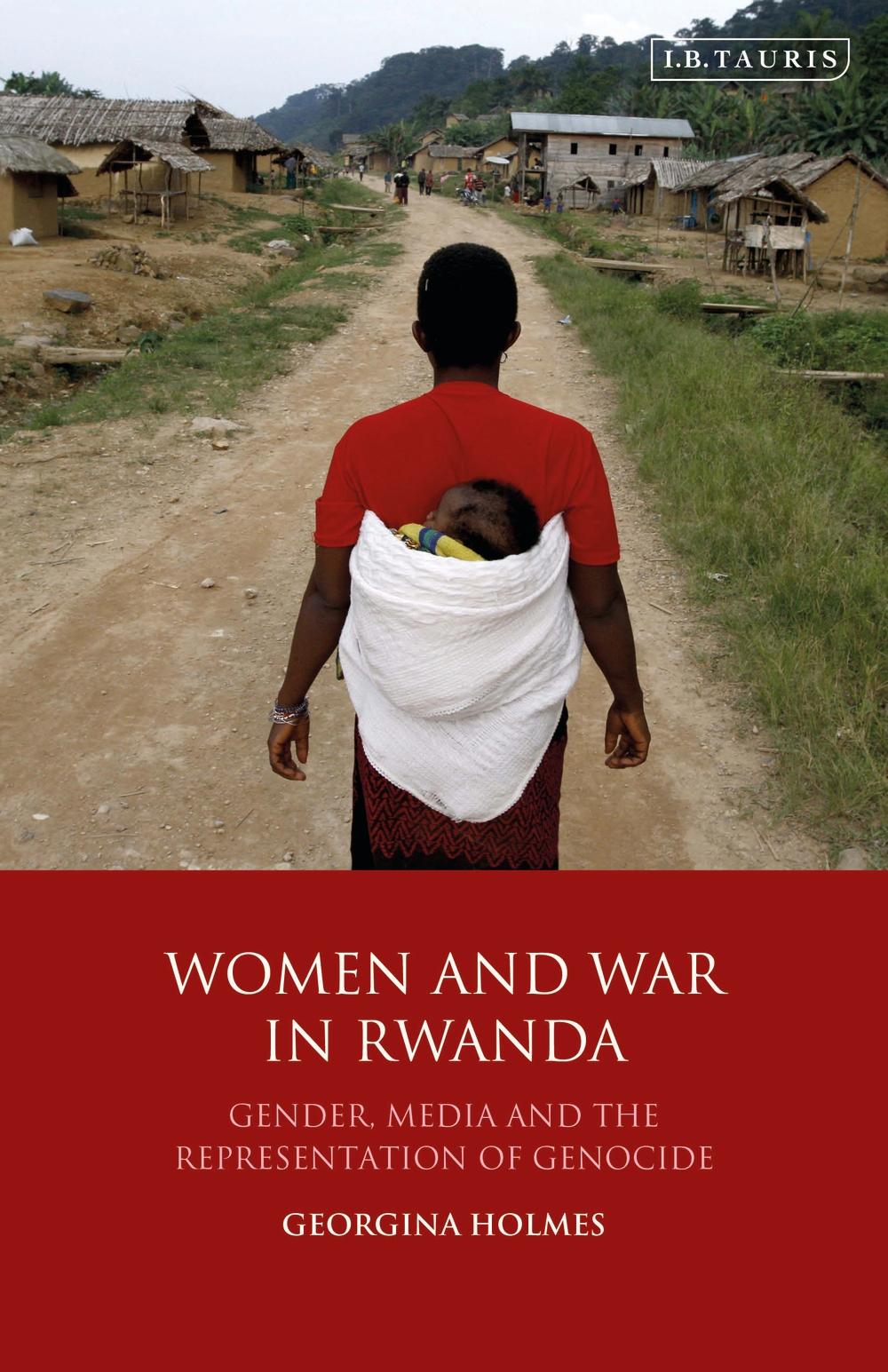Women and War in Rwanda

Women and War in Rwanda
This book is essential reading on the gendered dynamics of conflict and genocide in Rwanda and the Democratic Republic of Congo and will appeal to anyone with an interest in Gender Studies, Political Communication, Media and Film Studies, African Studies, Genocide Studies and International Relations.
PRP: 346.70 Lei
Acesta este Pretul Recomandat de Producator. Pretul de vanzare al produsului este afisat mai jos.
312.03Lei
312.03Lei
346.70 LeiIndisponibil
Descrierea produsului
This book is essential reading on the gendered dynamics of conflict and genocide in Rwanda and the Democratic Republic of Congo and will appeal to anyone with an interest in Gender Studies, Political Communication, Media and Film Studies, African Studies, Genocide Studies and International Relations.
Detaliile produsului









